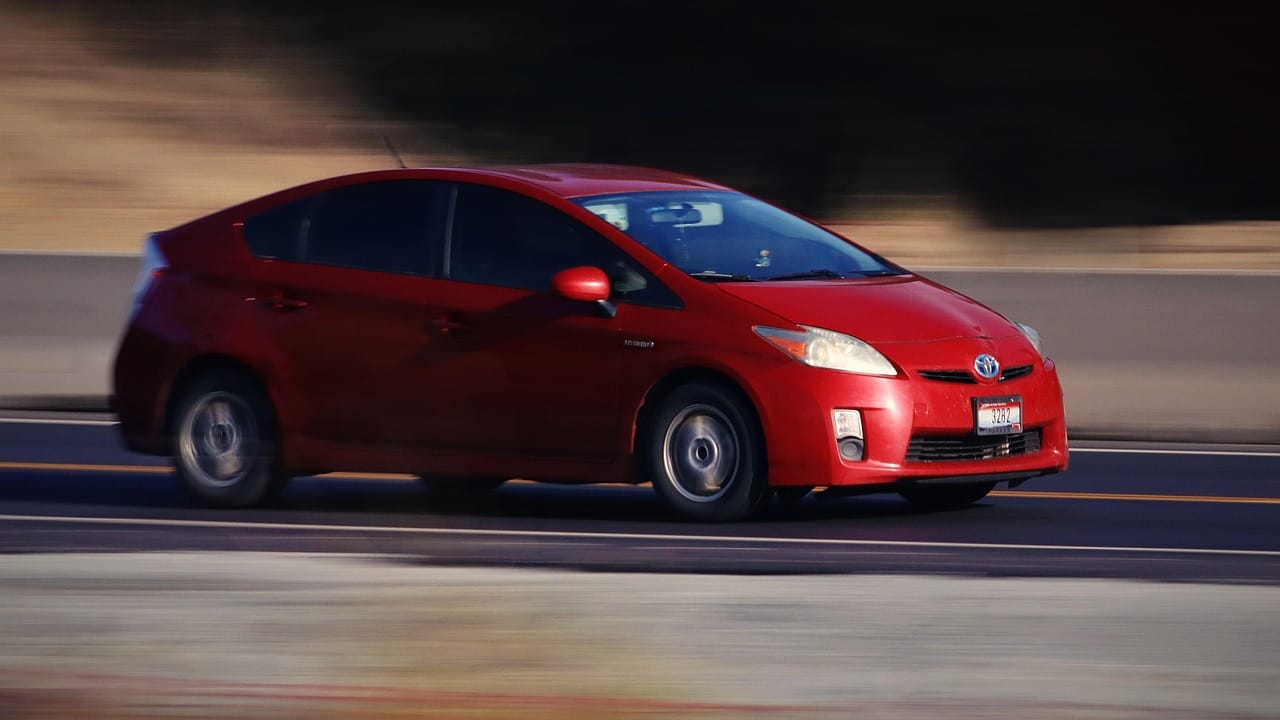Popular hybrid vehicles like the Toyota Prius are known for their reliability and fuel efficiency. However, this doesn’t imply that the Prius battery is immune to the effects of sitting idle. Prolonged inactivity can gradually impact your Prius’s battery system, often without any obvious warning signs.
If your vehicle has been parked for a long time, it is worth understanding how this inactivity might affect the battery performance. Read on to understand what happens when a Prius sits unused for a long time and the key signs to watch for before exploring a potential Prius battery replacement.
Why Hybrid Batteries Are Sensitive to Inactivity
Unlike gas-powered vehicles that rely on a 12-volt battery to start and run basic electrical systems, the Toyota Prius operates on a more complex dual-battery system —
a standard 12V battery and a high-voltage hybrid battery. The hybrid battery is crucial for propulsion, fuel efficiency, and seamless energy transition.
When the car is active, regenerative braking and the engine automatically recharge the hybrid battery. However, the battery doesn’t recharge when the vehicle is parked for extended periods, especially for a few weeks. This can lead to ‘deep discharge,’ a phenomenon where the voltage drops so low that the battery struggles to retain power or function.
Early Signs Your Prius Battery Might Be Failing
Most Toyota Prius owners discover battery issues while trying to start their cars after they have been parked for a while. The typical early signs include:
- The vehicle taking longer than usual to start
- Warning lights on the dashboard
- Reduced fuel economy
- Decreased electric-only driving range
- Sluggish acceleration when switching from electric to gas mode
If you notice any of these signs, it’s wise to consult a mechanic or consider options for a Prius battery replacement, especially if you drive an older model like the Prius V.
What the Experts Say About Idle Battery Damage
According to the U.S. Department of Energy’s Fuel Economy Guide, hybrid batteries are designed to be maintenance-free under normal operating conditions. However, prolonged inactivity can significantly shorten their lifespan. When left unused, the battery’s internal components degrade chemically, affecting charge cycles, performance, and safety.
Environmental conditions like extreme heat or cold also worsen the situation. In hot climates, the battery’s internal temperature rises even when the car is off, leading to faster degradation. In colder climates, the battery’s ability to retain and deliver energy drops significantly, making winter storage the primary concern.
How Long Is Too Long for a Prius to Sit?
Ideally, a Prius shouldn’t sit idle for more than two weeks at a stretch. After this long, the risk of the battery draining out increases. A parked Prius can lose its battery charge entirely in just a month if not started or driven.
To prevent damage to the battery, here’s what you must do:
- Start the car every 7- 8 days, and let it run for at least 15 to 20 minutes
- Avoid parking your car in extreme temperatures; use a garage or a shaded area
- Consider disconnecting the 12V battery if unused for extended periods
- Avoid repeated short trips after long idle times; instead, let it warm up and drive a few miles to stabilize the system
When to Consider a Prius Battery Replacement
Despite your best efforts, car batteries don’t last forever. If your Prius is older than eight to 10 years, or your car is reaching a higher mileage, say over 150,000 miles, your hybrid battery performance may naturally decline.
If your vehicle exhibits one of the following signs, perhaps it is time you look into Prius battery replacement:
- The car doesn’t start at all after sitting idle
- The battery fails to hold a charge
- Frequent engine kicking in during low-speed driving
- Diagnostic tests show reduced battery capacity
Final Word
While hybrid batteries are designed to be long-lasting, they are not immune to the effects of inactivity. If you own a Prius and your driving habits have changed, you must pay attention to how long your car sits without use. Preventive care and early detection can save you the inconvenience and cost of a sudden battery failure.
If issues arise, get your battery tested immediately by an expert. If needed, consider a timely Prius battery replacement to keep your car performing at its best.




